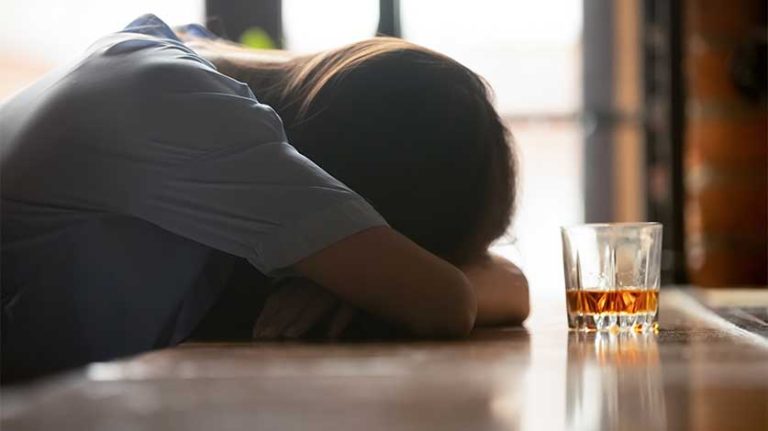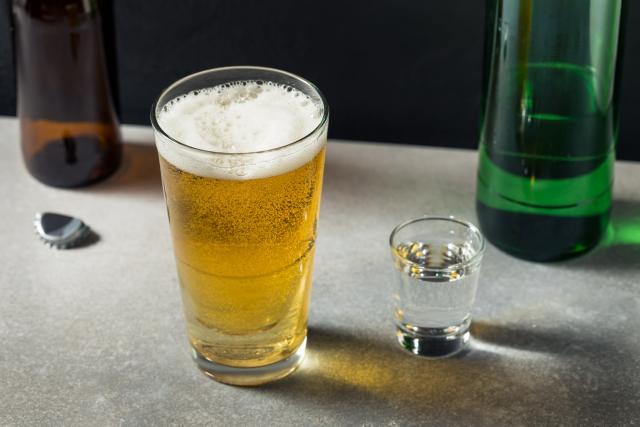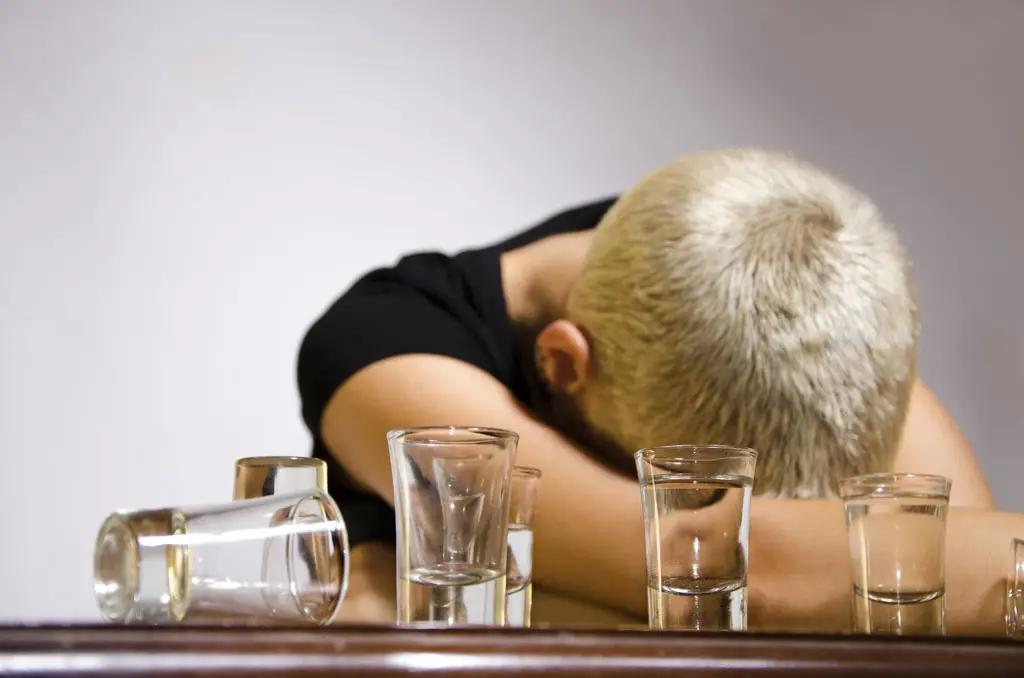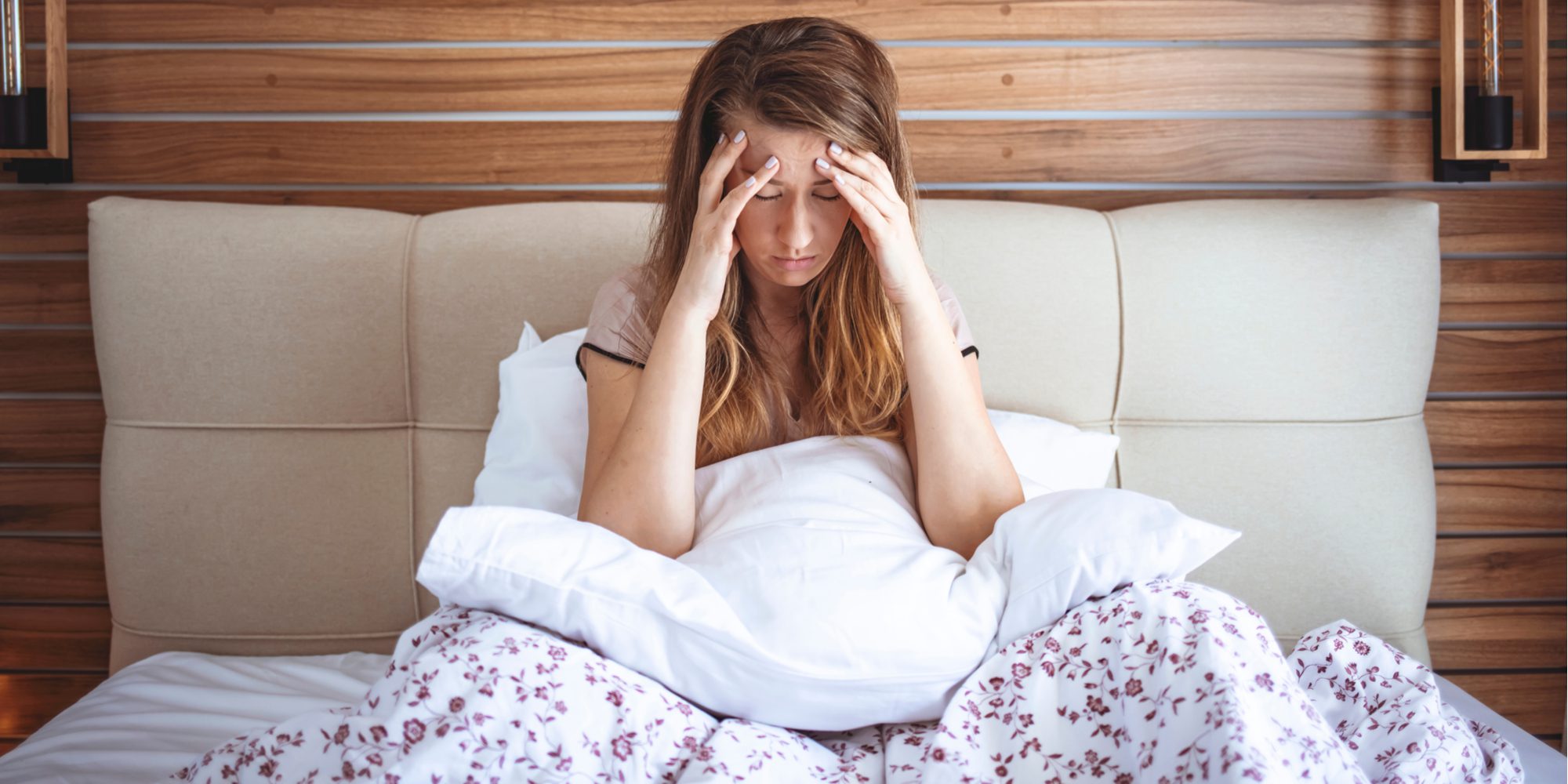A hangover is marked by various unpleasant signs, such as headaches, nausea, vomiting, indigestion, passing out, shaking, sweating, weakness, anger, and exhaustion. People put in immense effort to guarantee that these never occur.
However, you will probably require improving upon your most significant efforts. Whenever you feel anger building up inside you, try to avoid performing these acts.
Table of Contents
Toggle1. Take A Painkiller Before You Get Into Bed

Stay mindful of OTC (over-the-counter) medications. After drinking, using painkillers before sleep is unsafe and is not encouraged. The primary cause is that your painkillers work briefly and will stop after you wake up.
Another big reason is that these medicines with alcohol may harm the liver and stomach. Aspirin and ibuprofen may harm the inside of your stomach while using acetaminophen like Tylenol might damage your currently stressed liver. Painkiller is most effective in the morning.
2. Hangovers Are Not A Serious Problem
Excessive drinking affects the nervous system. It disrupts your brain chemistry, giving you headaches, vomiting, and fainting, urinating so much that you get dehydrated. The morning after drinking, you could have a painful headache, tiredness, dry mouth, upset stomach, and a weakened immune system.
3. Drinking More The Next Morning Will Help

After a night of partying, drinking alcohol will merely extend your hangover. Self-medicating using something that caused you sickness. I don’t recommend it for hangovers.
Why do people in the morning drink a Bloody Mary and a mimosa? An early-morning drink could ease hangover symptoms but isn’t good for you. Alcohol lowers mood. It calms you. When alcohol leaves your body, calm shifts to stress.
Drinking the morning afterward may help you relax, yet it harms your liver and mind. This can also increase your severe headache.
4. Drinking Water
Alcohol affects a hormone that keeps water balance, causing you to urinate more and lose cell water. That triggers dizziness, headaches, dry mouth, and tiredness. Dehydration doesn’t trigger hangovers; thus, drinking water won’t improve.
The chemicals that give hue and improve the flavor of a variety of booze; acetaldehyde, a harmful result your body creates as it metabolizes alcohol; prostaglandins, the inflammatory chemicals released as you drink; and the reality that alcohol disrupts how you sleep, which throws the entire body off.
Drinking too much water is unsafe, yet it will assist you in keeping hydrated while preventing drinking more.
5. If You Drink Liquor Before Beer, You’re Good To Go

You’ve probably heard beer before liquor. Kudos to the poetic skills, but quit thinking they’re true. The Banner Poison and Drug Information Center in Phoenix claims all alcohol is toxic. Alcohol quantity is more significant than order.
Most people drink lightly, whereas others excessively drink. According to the CDC, one in six Americans drink excessively four times every month, drinking roughly seven drinks.
Alcohol is costly and can harm your well-being. Heavy drinking leads to alcohol poisoning and death. Calm yourself and drink wisely.
6. Hangovers Affect Both Genders Identically
On Ladies’ Night, don’t binge drink. When men and women drink the identical quantity, women experience it more. Men’s more extensive water content reduces alcohol. Alcohol develops quicker in women.
7. Soak Up The Alcohol By Having Bread Before You Drink

Bread doesn’t soak UP. However, eating before and during drinking is okay. Food, even bread, drops alcohol intake. If you enjoy three or four drinks, it may help. Your greasy meal is ideal now.
Fat hinders stomach emptying and movement. If you’re binge drinking, that’s great since it decreases alcohol absorption.
8. Picking a Beer
Although beer includes less alcohol each helping than liquor and wine, and the hangover extent does rely on how much alcohol you drink, beer nevertheless has those hangover-triggering congeners. These incredibly dark beers may have higher amounts than liquor and wine. Lighter beers, wines, or liquors have fewer congeners and hue stabilizers than darker types.
9. Hangovers Only Happen To Bingers

You can face the consequences the next day without being wasted. Some people suffer hangovers from two drinks. Water or a nonalcoholic beverage between beers and stiff drinks can assist you in remaining hydrated and limit down on alcohol.
10. Recover Through Robust Black Coffee
Caffeine users, your morning cup can cause nausea. Caffeine boosts awareness and focus but cannot speed up the elimination of alcohol. It may also make others rush to the bathroom. If you’ve become dizzy, coffee’s bitterness can make you vomit.
11. Sleeping Off The Hangover

Drinking and deep, relaxing sleep don’t mix. You may sleep for 8 hours but feel as if you had only two followings a night of drinking. Your sleep cycle can be severely impacted by alcohol. Although getting out of bed is the last thing you feel like doing, it is best for you.
Your body exhales alcohol through your breathing, sweat, and urine. Get up, stretch, and go for a walk. If you drank a lot one night, you are waiting to feel slightly sober before sleeping. As you sleep, alcohol continues to be absorbed, increasing your blood alcohol levels.
If someone you’re with starts to nod off or fall asleep, keep an eye on them since they run a chance of aspirating, which occurs when vomiting or something becomes stuck in the airways and stops breathing.
The CDC says that alcohol poisoning kills roughly six people every day. Although you believe this is an issue that solely affects young folks, 76% of fatalities involve adults ages 35 and 64. Call 911 immediately if you have any worries about someone who could be at risk or has alcohol poisoning.
12. Drinking Expensive Alcohol
Yes, cheap wine and booze may have more impurities than higher-priced alcohol. These impurities lead to hangovers. But pricey alcohols are still alcohol, and know that alcohol is toxic, as many things are put into it when it is made.
Although you don’t refill your glass since it costs excessively, the expensive stuff continues to harm your body.
Conclusion
Drinking less and more carefully will help prevent a hangover, but it is unlikely to be a fast treatment. This can seem frustrating, but I assure you that you won’t regret saying or doing this the next day.
Talk to your medical professional or find a facility that may assist with substance misuse if you experience difficulty managing how much alcohol you are drinking.
You still qualify for treatment if your drinking has not yet created issues. In this manner, you can start taking steps toward a healthier way of life.

I am a passionate beer connoisseur with a deep appreciation for the art and science of brewing. With years of experience tasting and evaluating various beers, I love to share my opinions and insights with others and I am always eager to engage in lively discussions about my favorite beverage.
















